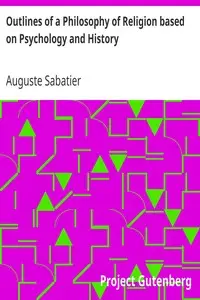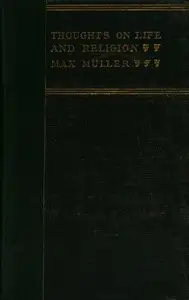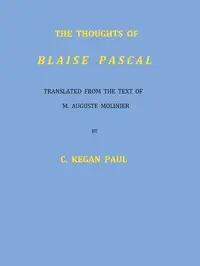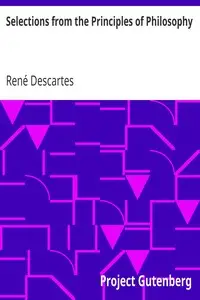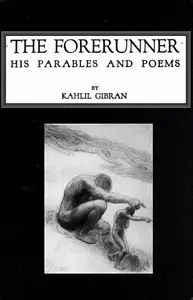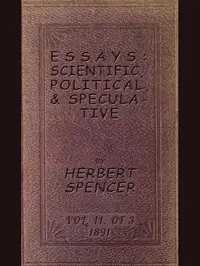"Selections from the Writings of Kierkegaard" by Søren Kierkegaard is an early 20th-century collection that highlights essential parts of the Danish philosopher's work, zooming in on personal responsibility, faith, and the clash between living for beauty and living ethically. The book aims to introduce Kierkegaard’s ideas to new audiences, concentrating on how he changed existential thinking and pushed for looking closely at yourself in your spiritual journey. Beginning with Kierkegaard's life story, the collection shows his deep emotional battles and how he looked for meaning while dealing with sadness and criticizing society. It goes into his childhood, schooling, key moments that molded his philosophy, and his tricky involvement with love and religion. By thinking about his relationship with Regine Olson and his ideas about what it means to be alive, the book encourages readers to think about the tangled aspects of human experience and to dig into Kierkegaard’s philosophical thoughts.
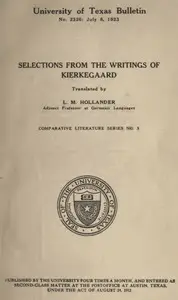
Selections from the Writings of Kierkegaard
By Søren Kierkegaard
Explore a philosopher's quest for meaning amidst heartache and societal critique, challenging readers to confront their own existence and faith.
Summary
About the AuthorSøren Aabye Kierkegaard was a Danish theologian, philosopher, poet, social critic, and religious author who is widely considered to be the first Christian existentialist philosopher. He wrote critical texts on organized religion, Christianity, morality, ethics, psychology, and the philosophy of religion, displaying a fondness for metaphor, irony, and parables. Much of his philosophical work deals with the issues of how one lives as a "single individual", giving priority to concrete human reality over abstract thinking and highlighting the importance of personal choice and commitment. He was against literary critics who defined idealist intellectuals and philosophers of his time, and thought that Swedenborg, Hegel, Fichte, Schelling, Schlegel, and Hans Christian Andersen were all "understood" far too quickly by "scholars".
Søren Aabye Kierkegaard was a Danish theologian, philosopher, poet, social critic, and religious author who is widely considered to be the first Christian existentialist philosopher. He wrote critical texts on organized religion, Christianity, morality, ethics, psychology, and the philosophy of religion, displaying a fondness for metaphor, irony, and parables. Much of his philosophical work deals with the issues of how one lives as a "single individual", giving priority to concrete human reality over abstract thinking and highlighting the importance of personal choice and commitment. He was against literary critics who defined idealist intellectuals and philosophers of his time, and thought that Swedenborg, Hegel, Fichte, Schelling, Schlegel, and Hans Christian Andersen were all "understood" far too quickly by "scholars".

